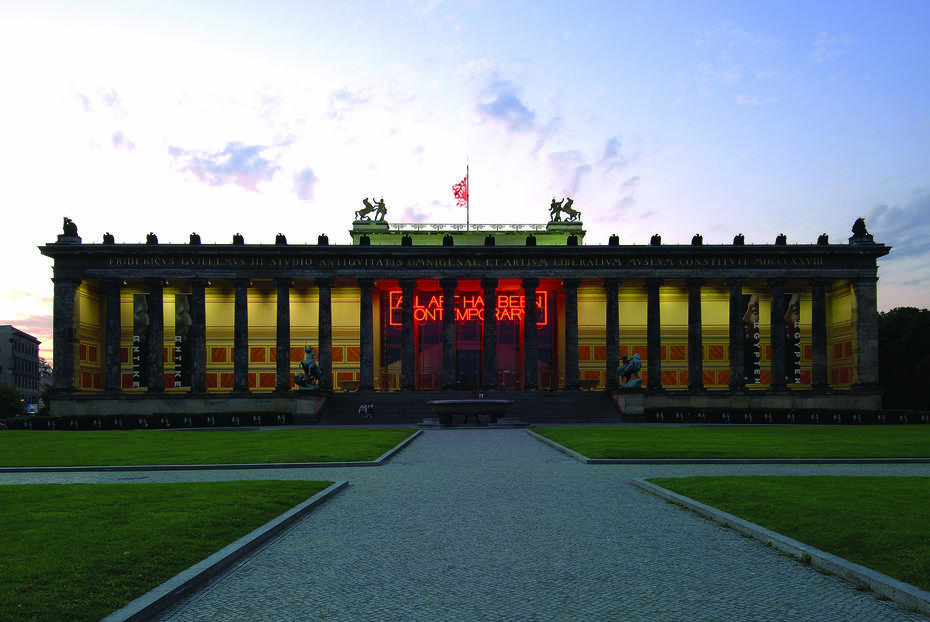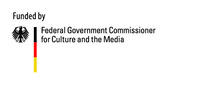Present’s disjunctive unity. Constructing and deconstructing histories of contemporary cultural and aesthetic practices
26 - 28 November 2015, Haus der Kulturen der Welt, Berlin
What concepts of “the contemporary” are there around the world? What are their historical contexts? What cultural, aesthetic and artistic theories and practices did they generate?
The concept of “the contemporary” in art and culture has its own history; paradoxically, contemporaneity in itself is historical. It is also determined by the many cultural and regional contexts in which ideas of the present and contemporaneity are negotiated. Hence, there are varying histories of the contemporary, each informed by specific socio-political conditions and geo-political power structures. Historical turning points such as the end of the Second World War in 1945 or the end of the Cold War in 1989 prompted certain narratives of contemporaneity and shaped specific historiographical modes through which people in different places reflect on meanings and patterns of the past in relation to the present and tell stories in different ways.
The conference combines socio-political, historical and other theoretical perspectives, seeking appropriate categories for these different historiographical genealogies.
The conference was conceived as a kick-off event for the international and cross-disciplinary "RNTP - Research Network for Transcultural Practices in the Arts and Humanities".
The conference is conceived and organized by:
Birgit Hopfener (FU Berlin), Franziska Koch (Heidelberg University), Kerstin Schankweiler (FU Berlin) in co-operation with the Cluster of Excellence „Asia and Europe in a Global Context“, Heidelberg University, the Research Group „Transcultural Negotiations in the Ambits of Art”, FU Berlin and the Haus der Kulturen der Welt, Berlin, represented by Annette Bhagwati and Kirsten Einfeldt.
Affiliated projects/researchers:
Philippe Cordez (International Junior Research Group "Premodern Objects. An Archeology of Experience", LMU Munich), Melanie Klein (FOR 1703 "Transcultural Negotiations in the Ambits of Art", Research Unit C3 "Fictions of the original. Exploring practices and discourses of the arts of Africa", FU Berlin), Silke Förschler (LOEWE-Research Group "Tier-Mensch-Gesellschaft", Projekt A3 "Insekten, Reptilien, Fische. Ästhetische Ordnungen und wissenschaftliche Praktiken der Académie des sciences und der Royal Society (1660–1750)", University of Kassel), Stephanie Zehnle (DFG-Research Group „Gewaltgemeinschaften“, Research Unit "Leopardenmänner. Ein translokales Gewaltphänomen in der kolonialen Phase Afrikas (Sierra Leone/Liberia 1880-1950)", University of Kassel) Liesbeth Minnaard (Faculteit der Geesteswetenschappen, Centre for the Arts in Society, Film and Literary Studies, Leiden University), Kea Wienand (Dept. for Art and Visual Culture, Carl von Ossietzky University of Oldenburg).
The conference is kindly supported by:
Ernst-Reuter-Gesellschaft der Freunde, Förderer und Ehemaligen der Freien Universität Berlin e.V.
Frauenfördermittel des Fachbereichs Geschichts- und Kulturwissenschaften der Freien Universität Berlin
Ulmer Verein. Verband für Kunst- und Kulturwissenschaften e.V.










